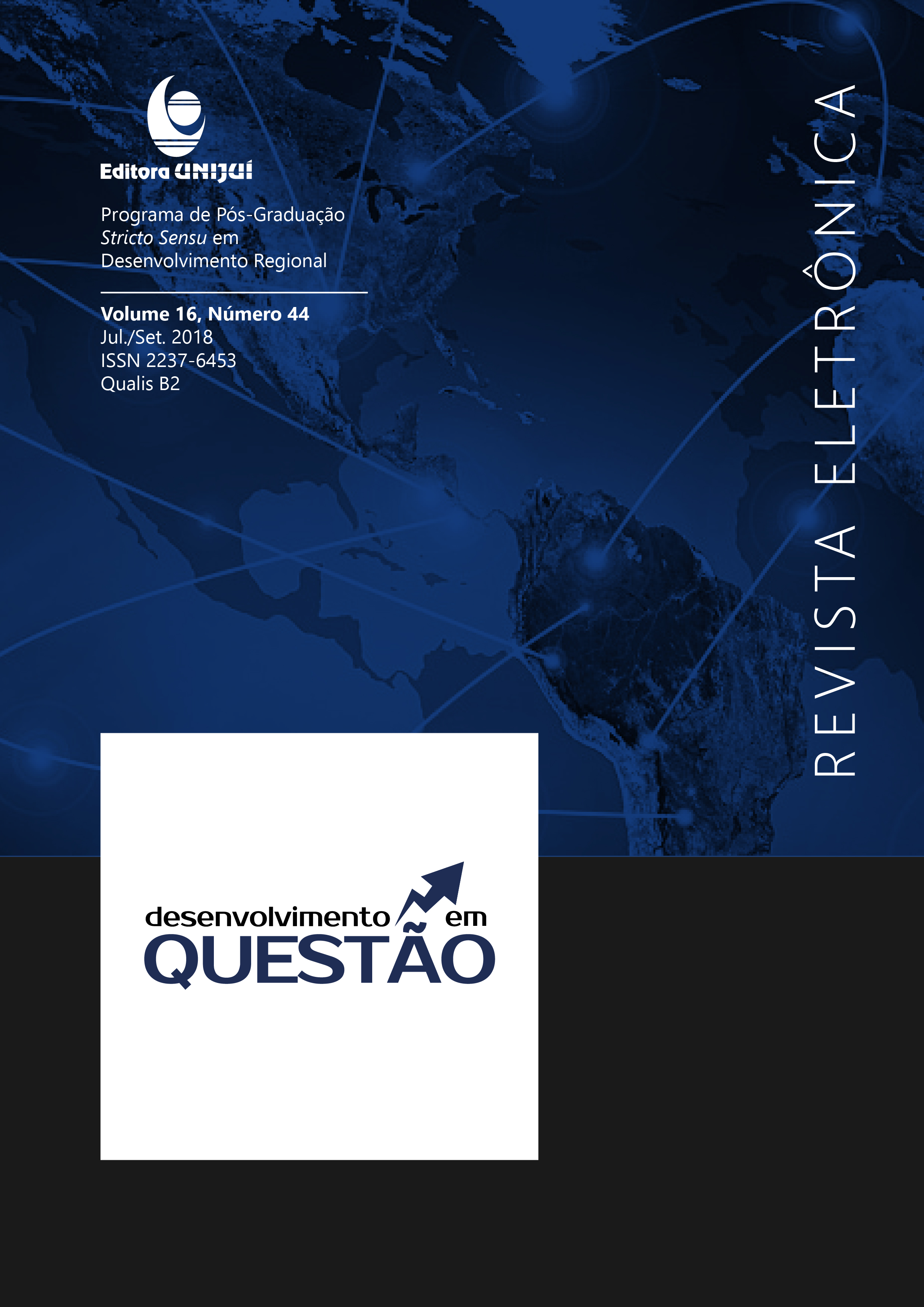Propriedade Intelectual e Apropriabilidade em Universidades Federais: Estudo Multicaso no Estado de Minas Gerais
DOI:
https://doi.org/10.21527/2237-6453.2018.44.448-482Keywords:
Propriedade Intelectual. Apropriabilidade. Inovação. Transferência de Tecnologia. Universidade Pública.Abstract
O objetivo deste estudo foi investigar os mecanismos de apropriação do conhecimento em três universidades do Estado de Minas Gerais (UFLA, UFV e UFMG). Foi realizado um estudo multicaso de natureza qualitativa e exploratória, fundamentado em pesquisa bibliográfica, documental e entrevistas com roteiro semiestruturado. O estudo propõe um Framework de Propriedade Intelectual e Apropriabilidade em Universidades. Os mecanismos identificados foram: depósito de patentes, registros de software, registros de cultivares, registro de marcas, além de presença de redes, incubadora de empresas de base tecnológica, parque tecnológico, parcerias entre universidades e empresas e parcerias de cooperação pública. Conclui-se que os Núcleos de Inovação Tecnológica (NITs) ainda necessitam passar por estágios de amadurecimento. Alguns NITs não possuem membros especializados em habilidades de marketing, sendo crucial para o sucesso da transferência de tecnologias. Esta pesquisa constata uma realidade de universidades que produzem tecnologias, mas pouco conseguem promovê-las e transferi-las para a sociedade.
Downloads
Published
How to Cite
Issue
Section
License
By publishing in Revista Desenvolvimento em Questão, authors agree to the following terms:
All works are published under the Creative Commons Attribution 4.0 International License (CC BY 4.0), which allows:
Sharing — to copy and redistribute the material in any medium or format;
Adaptation — to remix, transform, and build upon the material for any purpose, even commercially.
These permissions are irrevocable, provided that the following terms are respected:
Attribution — authors must be properly credited, a link to the license must be provided, and any changes made must be indicated.
No additional restrictions — no legal or technological measures may be applied that legally restrict others from doing anything the license permits.
Notices:
The license does not apply to elements that are in the public domain or covered by legal exceptions.
The license does not grant all necessary rights for specific uses (e.g., image rights, privacy, or moral rights).
The journal is not responsible for the opinions expressed in the articles, which are the sole responsibility of the authors. The Editor, with the support of the Editorial Board, reserves the right to suggest or request modifications when necessary.
Only original scientific articles presenting research results of interest that have not been previously published or simultaneously submitted to another journal with the same purpose will be accepted.
Mentions of trademarks or specific products are intended solely for identification purposes and do not imply any promotional relationship by the authors or the journal.
License Agreement (for articles published from 2025 onward): Authors retain the copyright to their article and grant Revista Desenvolvimento em Questão the right of first publication.











